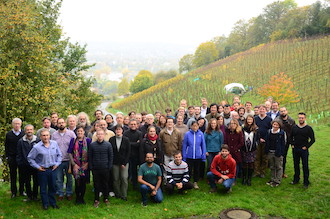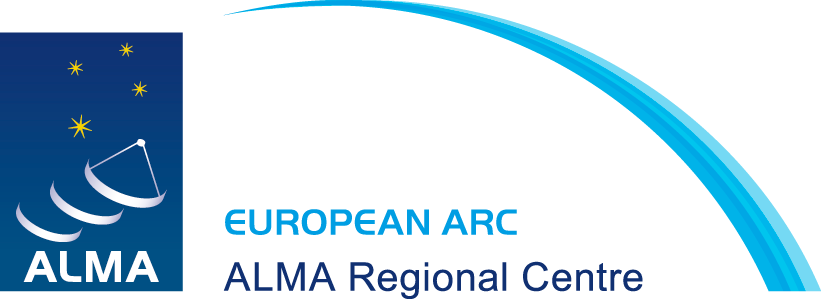The EU ARC is resposible for the following tasks of direct relevance to the ALMA users:
Running the ALMA Helpdesk: The ALMA Helpdesk is the single point of contact for the scientific community to asked questions related to the usage of ALMA. The ALMA Helpdesk also contains a publicly accessible knowledgebase of frequently asked questions. To request support from the ALMA Helpdesk registration is required.
Phase 1 Operations Support: This includes the distribution of the Call for Proposals to prospective European ALMA users and support during proposal preparation and provide technical assistance. We also provide assistance in coordinating the reviewing process and with the technical feasibility of ALMA proposals.
Phase 2 Operations Support: Staff at the ESO ARC manually generates and updates Scheduling Blocks when necessary, inspects the automatically generated Scheduling Blocks and implements changes following successful change requests.
Quality Assurance: The EU ARC checks the quality of the observations for EU programmes in the so-called Quality Assurance 2 (QA2) process.
Data Products Support: The final raw and pipeline-reduced data products are delivered to the PIs. The ESO ARC is also responsible for collecting and forwarding feedback on the data quality and pipeline back to the ALMA Observatory.
Archive operations: The ESO ARC holds a complete synchronised copy of the ALMA Archive.
CASA Support: The ESO ARC also provides limited CASA support.
Face-to-face support: Face-to-face support, including help with proposal preparation, data reduction and archival research, is provided exclusively by the ARC nodes. You can request face-to-face support at your local ARC node via the ALMA Helpdesk (submit a ticket to the "Face to face support" department).
Community Development and Outreach: The ARC nodes are responsible for outreach and training activities in their communities, including giving ALMA talks at local institutes, producing training material and hosting regular training events.



